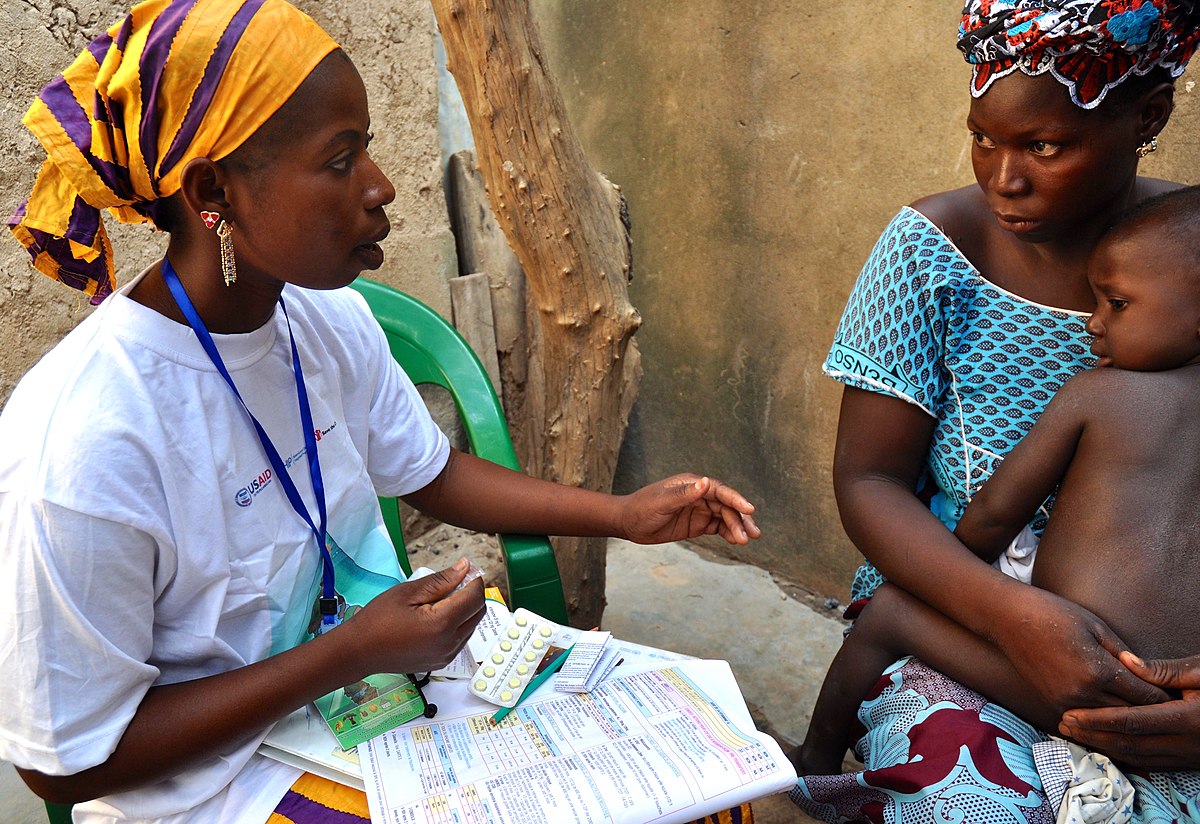politicalphishing.com – Croatia’s health care system is a complex structure that provides a wide range of services to its citizens, reflecting the country’s commitment to public health. However, like many countries, Croatia faces several public health challenges that require ongoing attention and strategic planning. This article explores the key aspects of Croatia’s health care system and the public health challenges it confronts.
Overview of Croatia’s Health Care System
Croatia’s health care system is primarily funded through public sources, with a significant portion of the national budget allocated to health care. The system is characterized by a mix of public and private providers, ensuring that a broad spectrum of health services is accessible to the population.
Health Care Financing
The financing of health care in Croatia is predominantly through a compulsory health insurance system, which is managed by the Croatian Health Insurance Fund (HZZO). This system ensures that all citizens and residents are covered for a comprehensive range of health services, including primary care, specialist care, hospitalization, and pharmaceuticals.
Health Care Provision
The provision of health care services in Croatia is structured around three main levels: primary, secondary, and tertiary care. Primary care serves as the first point of contact for patients, offering a range of services from general practice to dental care. Secondary and tertiary care, provided by hospitals and specialized clinics, cater to more complex medical needs and specialized treatments.
Public Health Challenges in Croatia
Despite the robust nature of its health care system, Croatia faces several public health challenges that require targeted interventions and policy reforms.
Aging Population
One of the most significant challenges is the aging population, which places a considerable strain on the health care system. The increasing number of elderly citizens leads to a higher prevalence of chronic diseases and a greater demand for long-term care services.
Non-Communicable Diseases
Non-communicable diseases (NCDs), such as cardiovascular diseases, diabetes, and cancer, are a major public health concern in Croatia. These conditions are often linked to lifestyle factors, including unhealthy diets, physical inactivity, and tobacco use. Addressing these factors through public health campaigns and policy interventions is crucial.
Mental Health
Mental health is another area of concern, with a significant portion of the population experiencing mental health issues. Stigma and lack of access to mental health services are key barriers that need to be addressed to improve mental health outcomes.
Health Care Workforce
The health care workforce in Croatia faces challenges related to recruitment, retention, and specialization. The emigration of health care professionals to other EU countries, where salaries and working conditions are often better, exacerbates these issues.
Conclusion
Croatia’s health care system is a testament to the country’s commitment to providing comprehensive health services to its population. However, the public health challenges it faces, including an aging population, the prevalence of NCDs, mental health issues, and workforce challenges, require concerted efforts and strategic planning. Addressing these challenges will be essential for ensuring the sustainability and effectiveness of Croatia’s health care system in the years to come.
